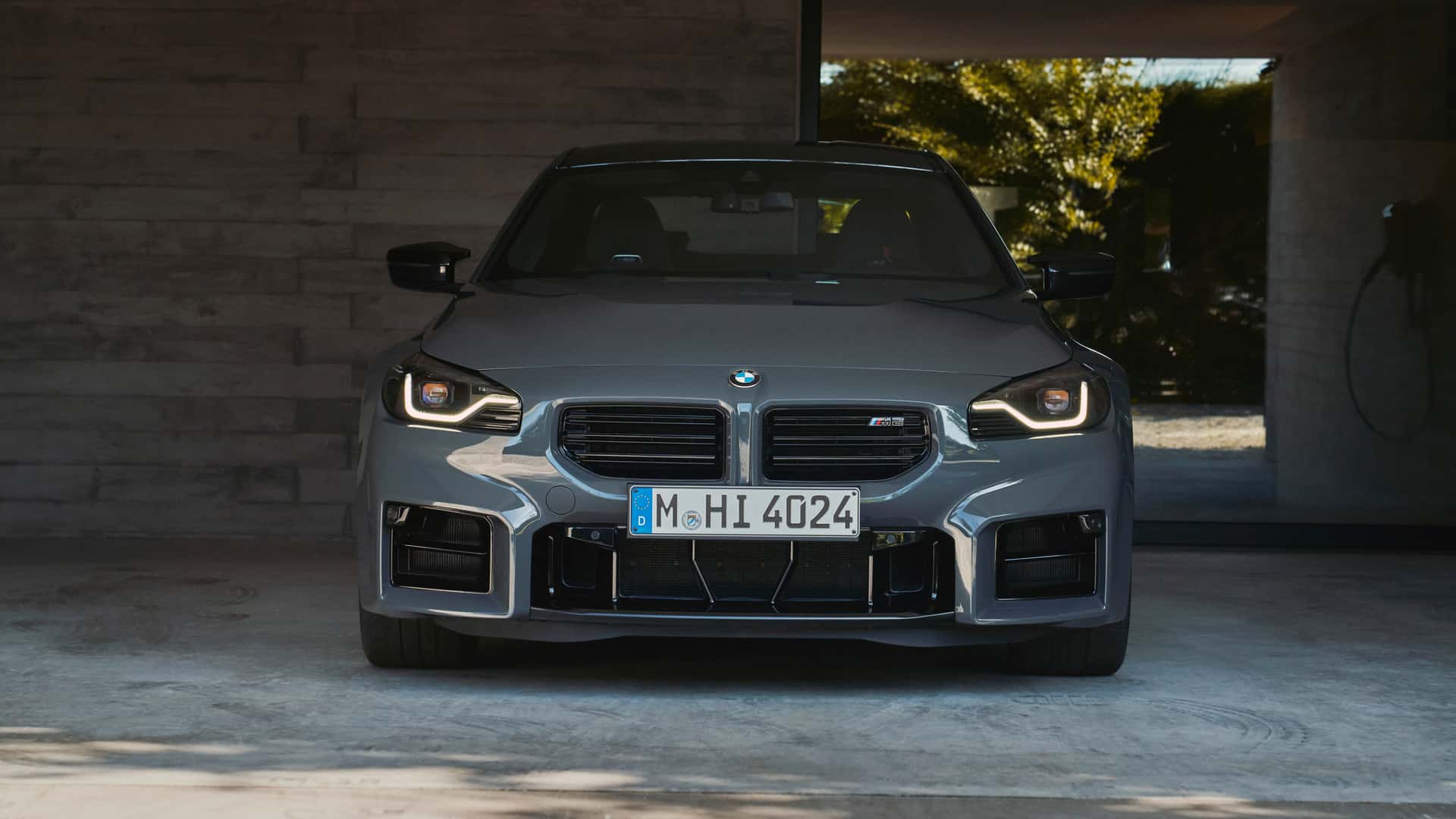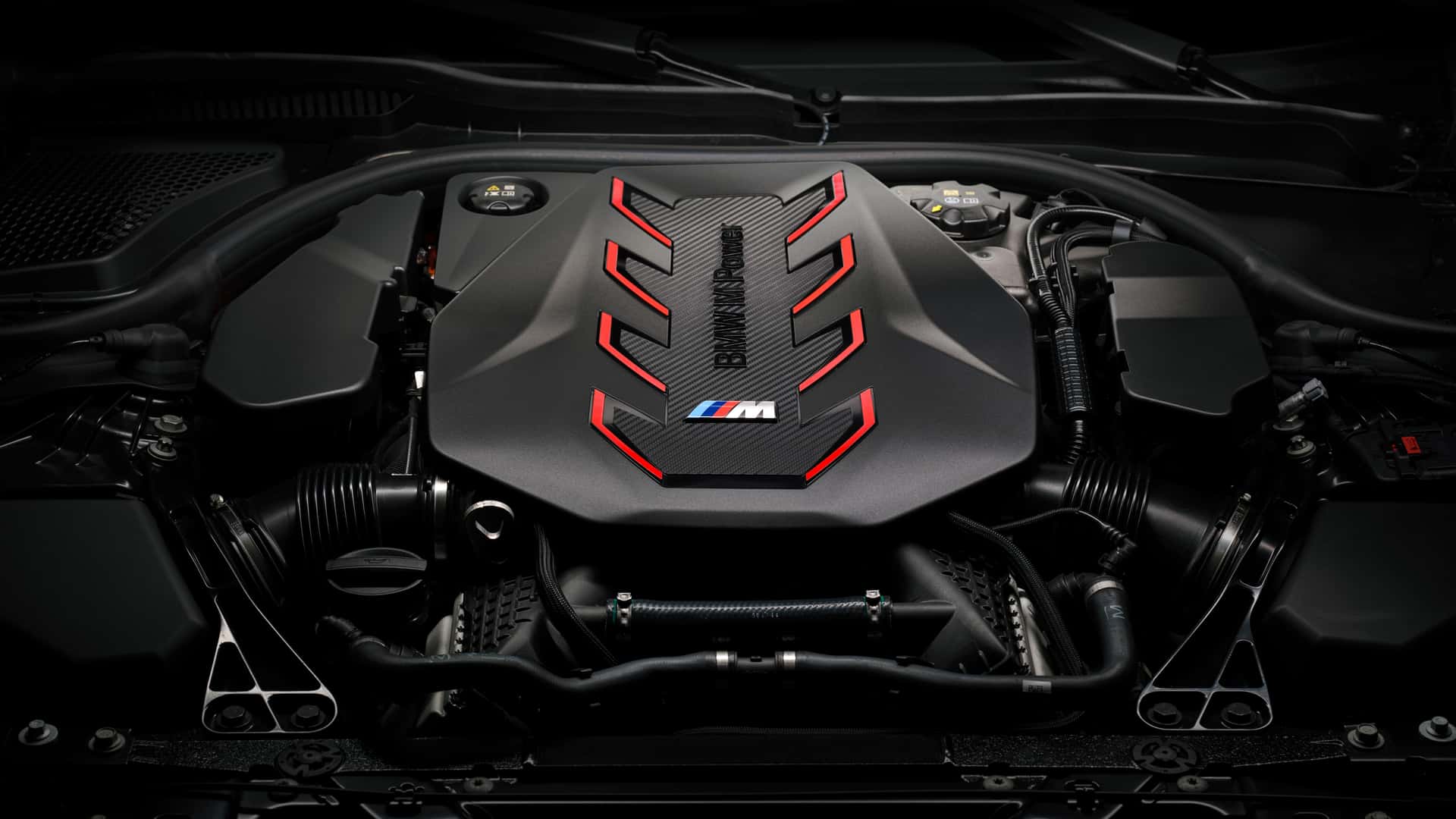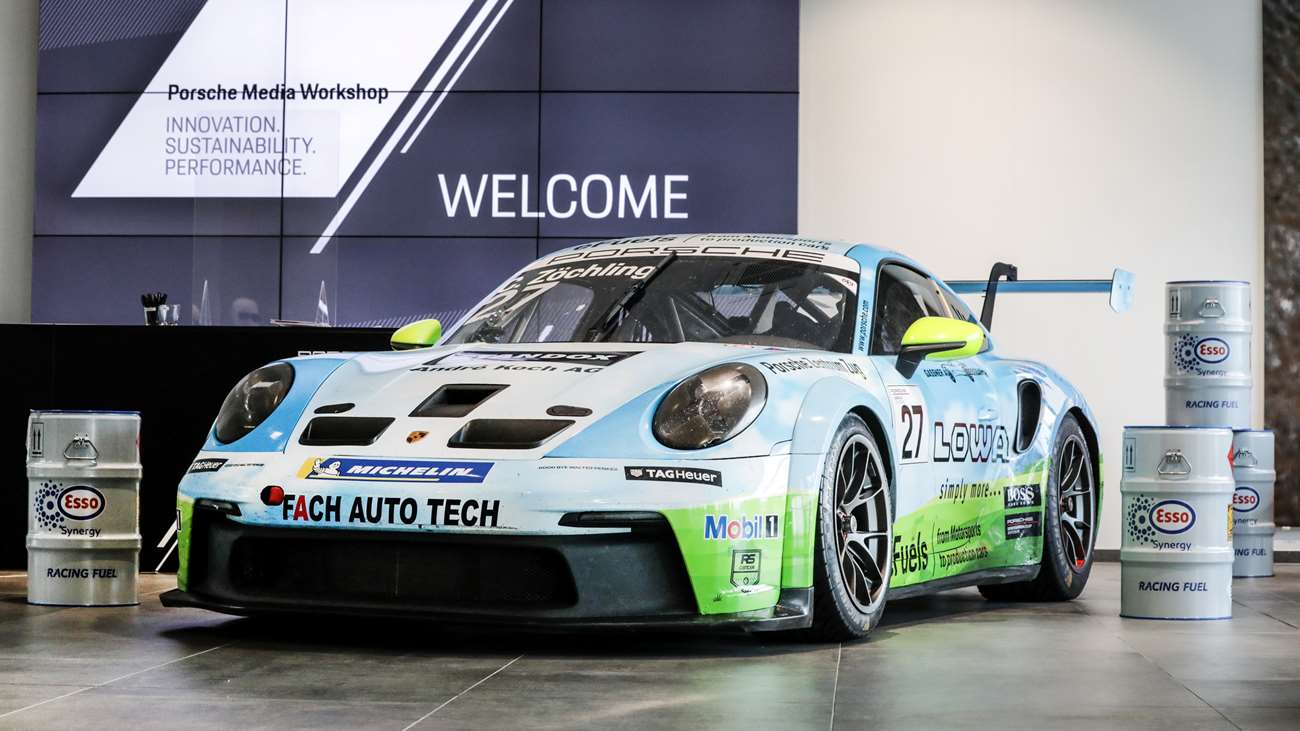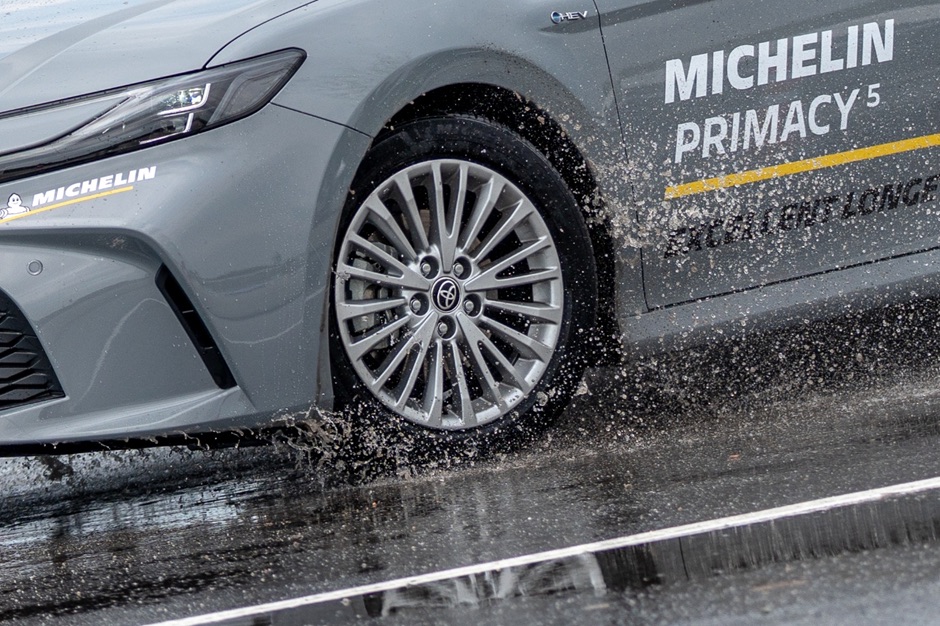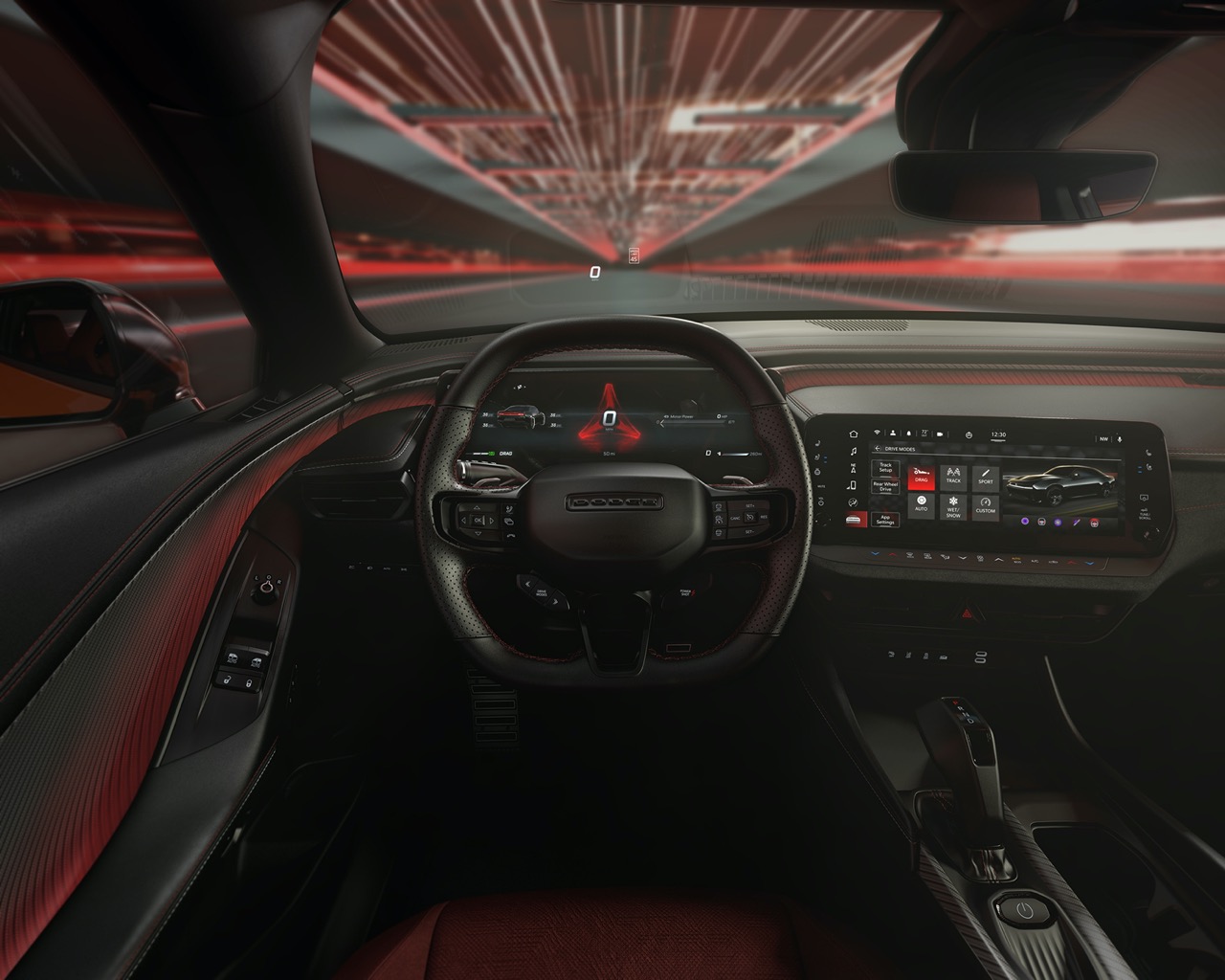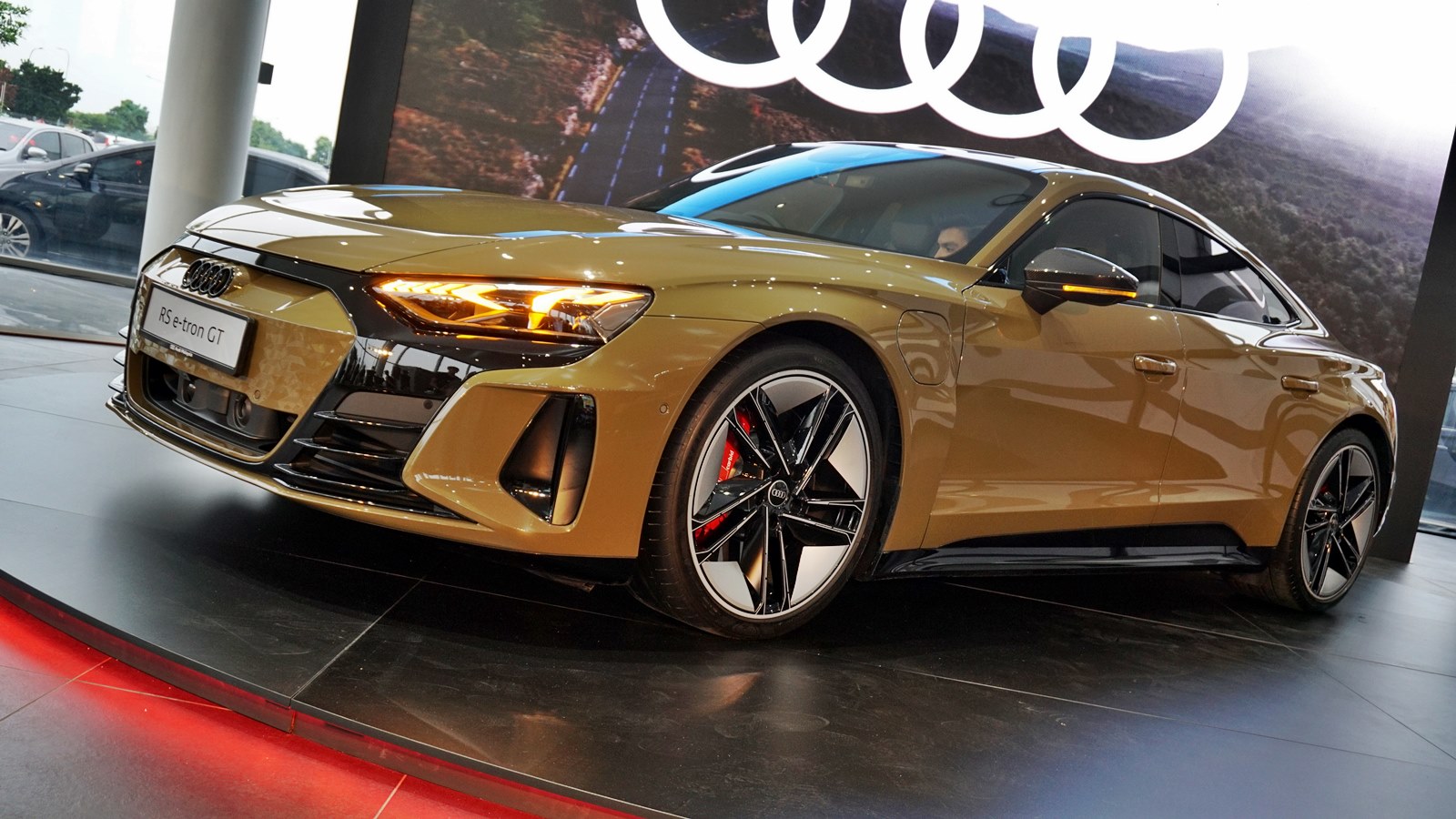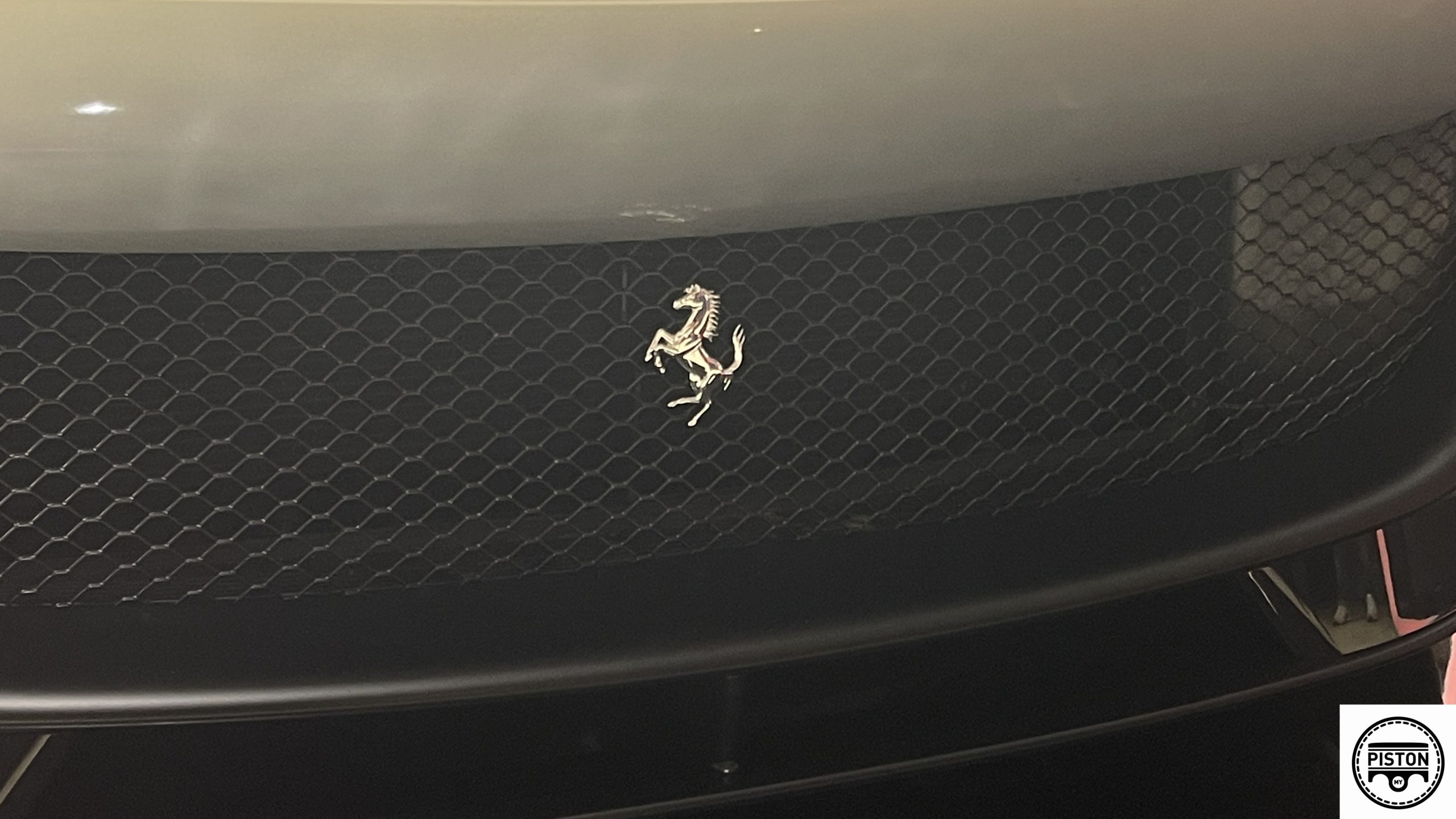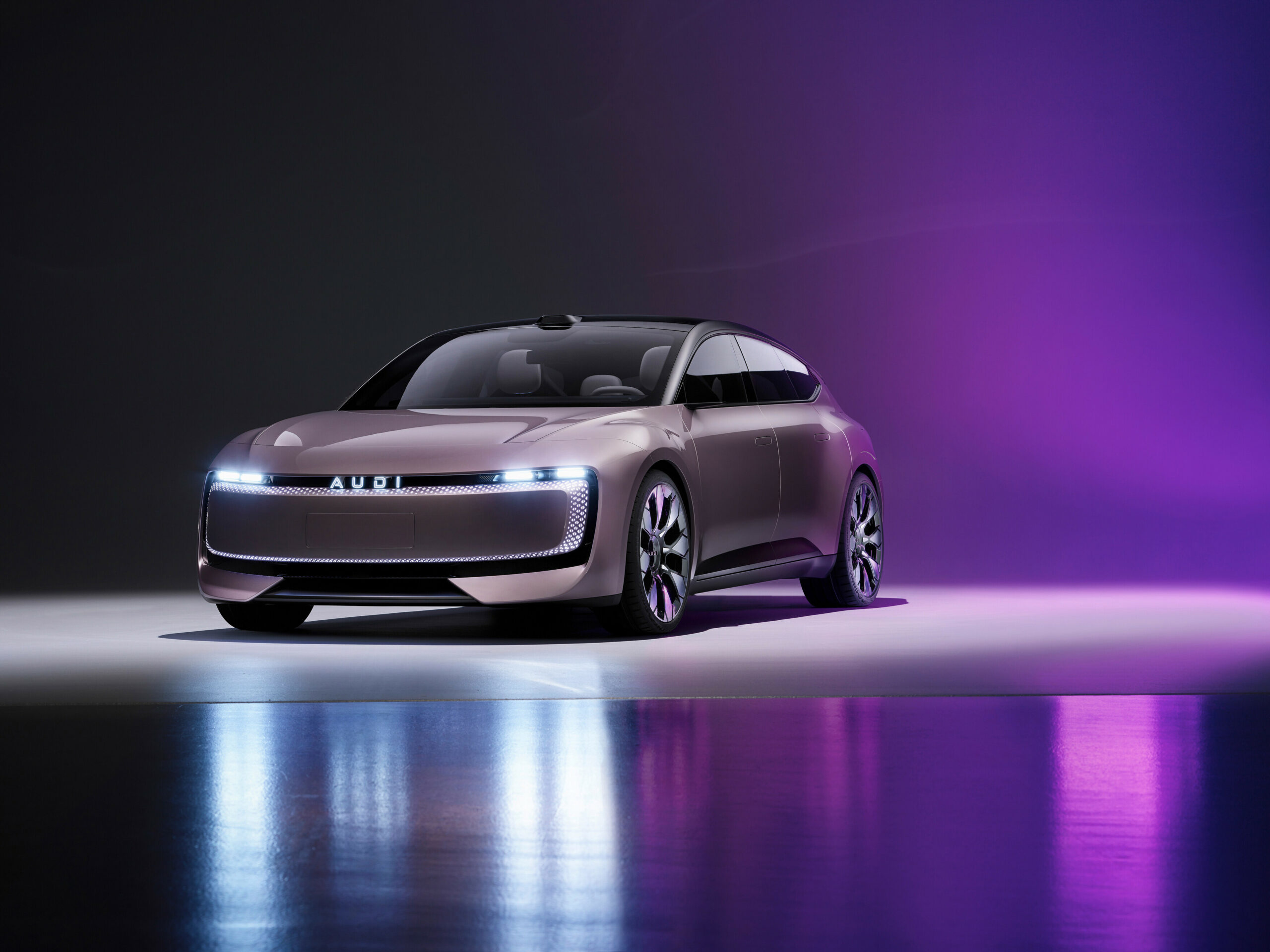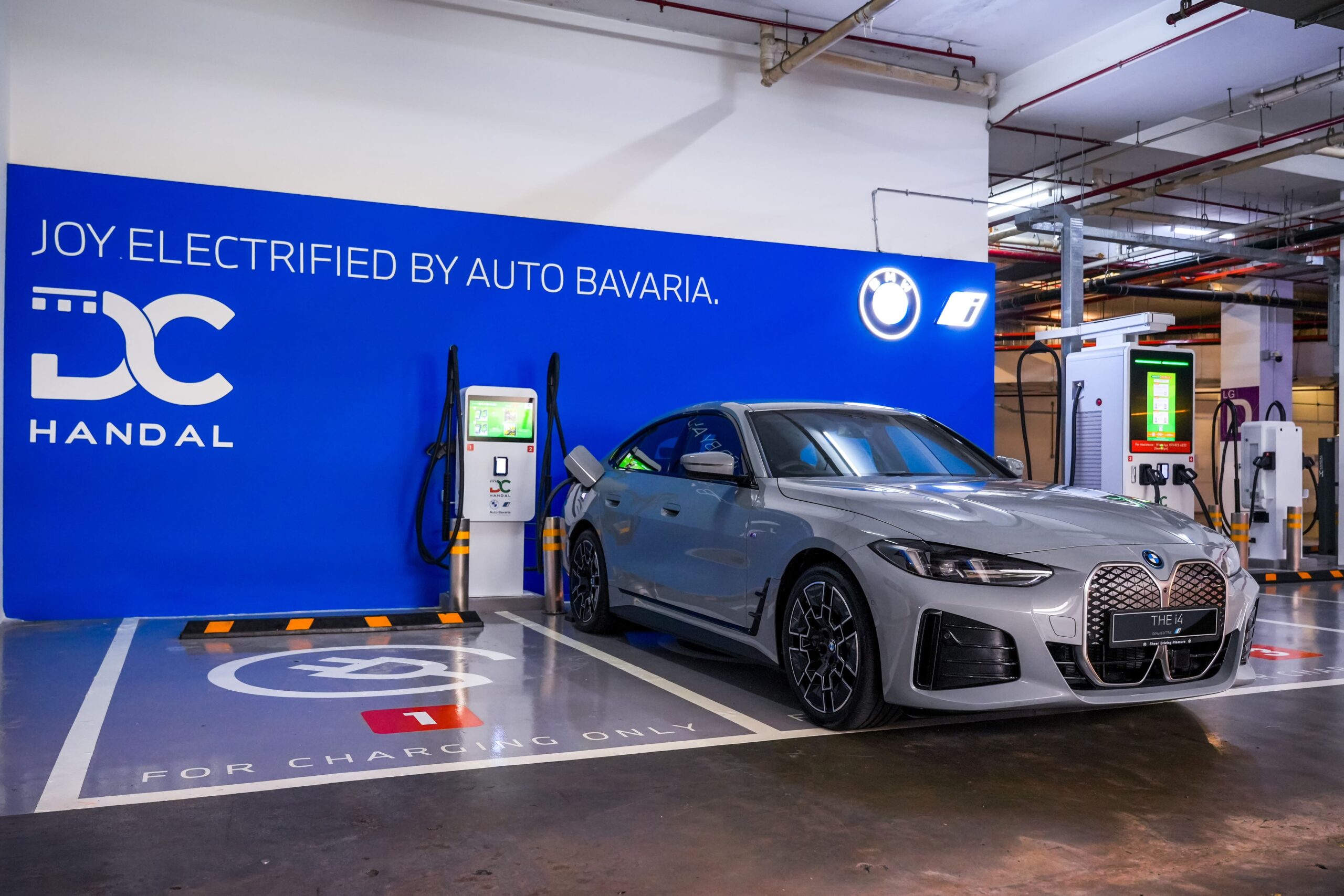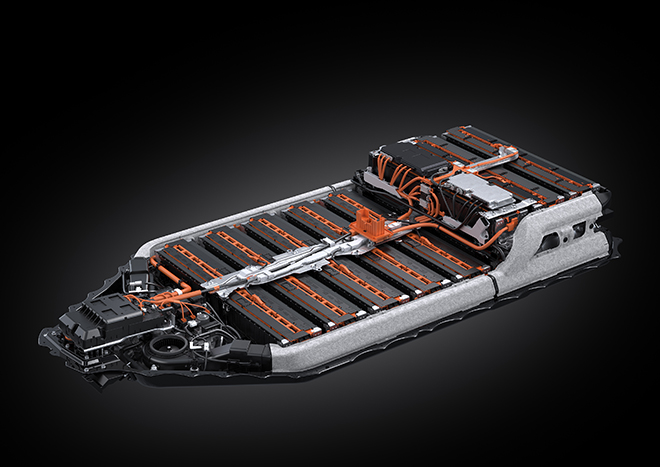BMW CEO Oliver Zipse has voiced strong opposition to the European Union’s plan to ban sales of new combustion-engine cars by 2035, labelling it as the “wrong approach” and advocating for a faster rollout of e-fuels.
Key Points:
- EU 2035 Legislation: The EU plans to ban the sale of new non-zero-emission cars starting in 2035. This includes a prohibition on new combustion engines unless they run on carbon-neutral fuels like e-fuels.
- Zipse’s Critique: Zipse argues that the European Commission needs to accelerate e-fuel availability to make their use practical by the deadline. He contends that without significant progress, the legislation could effectively amount to a ban on combustion engines, which he refers to as a “bogus solution.”
E-Fuel Viability Issues:
- Production Challenges: The production of e-fuels is energy-intensive, relying on ‘green’ hydrogen created through the electrolysis of water using renewable electricity. A 2019 International Energy Agency report highlighted that meeting today’s hydrogen production needs from electricity alone would require significantly more energy than the EU’s current output.
- Energy Allocation: Critics, including Zipse, suggest that the immense energy required for e-fuel production might be better utilised directly powering electric vehicles rather than supporting the production of e-fuels.
Industry Response:
- Porsche’s Investment: Porsche has invested in Highly Innovative Fuels (HIF), which operates the Haru Oni plant in Chile, producing e-methanol. This fuel is used in Porsche’s Mobil 1 Supercup race series.
- Ferrari’s Support: Ferrari’s CEO, Benedetto Vigna, has also endorsed the development of carbon-neutral fuels, emphasising their potential role in the future of internal combustion engines.
Formula 1 Transition:
- Future Plans: Starting in 2026, Formula 1 will switch to carbon-neutral fuels under new technical regulations, indicating a broader industry commitment to sustainable fuel technologies.
Oliver Zipse’s remarks reflect a broader debate within the automotive industry about the best path toward reducing emissions and ensuring sustainable transport. While the EU’s legislative framework aims to push for zero-emission vehicles, the role of e-fuels in the transition remains a contentious and evolving issue.

